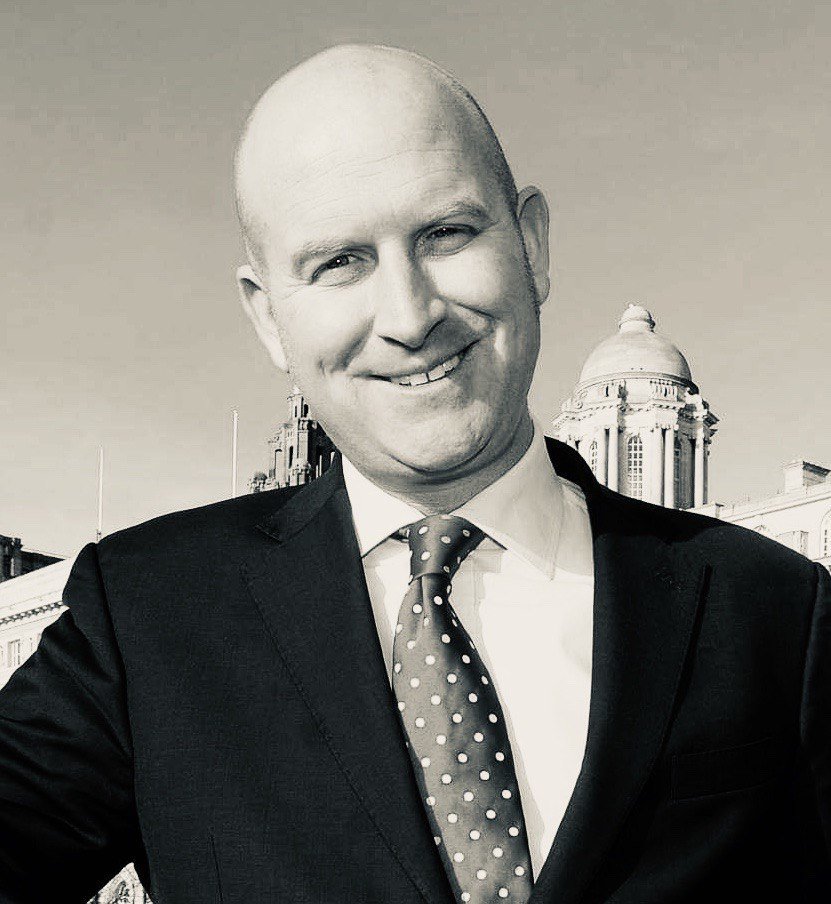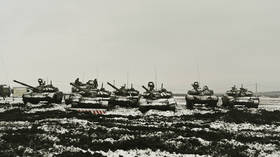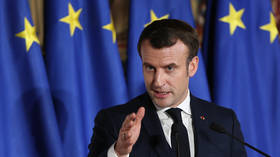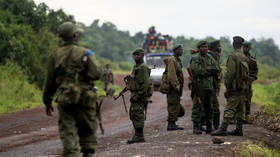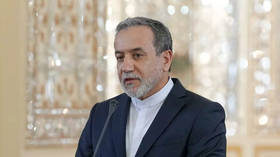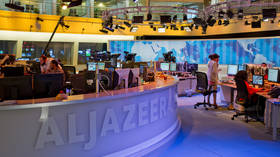Could this West African country become Macron's Waterloo?
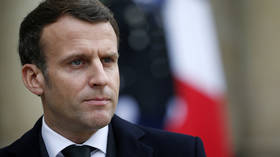
Most pollsters believe that Emmanuel Macron will be re-elected president of France in April. Although he has not yet officially declared his candidacy, saying that he will leave it until “the last quarter of an hour” before deciding, the likelihood of his re-election grows with every passing month.
Macron’s opponents are increasingly agitated by what they perceive to be his unfair advantage of being the incumbent. He is able to dominate the media agenda, whilst juggling the role of president of France and holding the rotating six month presidency of the European Council.
In the past fortnight alone, he has successfully planted himself at the centre of events regarding Russia and Ukraine and has spoken to Russian President Vladimir Putin on three occasions. It has also been announced that he will visit Moscow next week for talks. Even his most ardent detractors must admit that Macron has looked statesmanlike over the past few weeks.
However, for all Macron’s recent success on the international stage, dark clouds are looming for the French president in Africa. While the world’s media looks east, to Russia and Ukraine, it has largely ignored what has been happening in Mali, a large, but extremely poor, landlocked former French colony in West Africa.
Mali has been a political basket case for a number of years now and is a focal point of jihadist activity in West Africa. So much so that in 2013 a French-led coalition deployed troops in its former colony to help the Malian government ward off Islamic militant attacks. At the time the troop deployment was largely supported by the Malian public.
Although the French-led coalition was largely successful and reclaimed swathes of northern Mali that had been ceded to the extremists, the militants did not go away. Since then, they have continued to fight a guerrilla war in the Sahel, which runs from the Atlantic Ocean to the Red Sea, and through Mali.
Fast-forward to August 2020, and the democratically elected Malian government, which was supported by Macron, was overthrown by a military coup, led by the former head of the country’s Special Forces, Colonel Assimi Goita. At the time, Goita claimed that the government was riven with corruption, and therefore needed removing. The Malian public and opposition politicians largely backed the coup.
In its place, Goita, who made himself a vice prime minister, installed a civilian government, which he claimed would guide the country towards a new set of elections. Yet in May 2021, just nine months before those elections, Goita had the president, the PM, and the defence minister removed and took charge as interim president of a transition government. He claimed that it was only a temporary arrangement and that he would oversee elections in February 2022.
Macron reacted to the second coup in under a year by first suspending joint French-Malian military operations and announcing that French forces would be scaled down in the region. He said, “it’s not the role of the French army to fill in for the ‘non-work,’ if I may describe it, of the Malian state.” Macron’s decision to withdraw French troops left some fearing that the country may suffer the same fate as Afghanistan and be overrun by emboldened jihadis.
In the meantime, Goita’s government turned to Russia for military aid. As a result, it has been reported that Russian soldiers have been provided to train the Malian army in the north of the country, which remains riven by jihadi violence. Indeed, in December, Russia’s Deputy Foreign Minister Oleg Syromolotov warned that “in Africa, especially in the Sahara-Sahel zone, [the Russian Foreign Ministry] can essentially observe the preconditions for… the revival of the terrorist ‘caliphate version 2.0’ there.”
Last month, Goita’s government suspended February’s elections until 2025, which led the Economic Community of West African States (ECOWAS), of which Mali is a member, to impose a trade embargo. The situation has been compounded by other military coups in the region. There was a coup in neighboring Burkina Faso only last week, which was the fourth in West Africa in the past 18 months, and another was attempted in Guinea Bissau earlier this week.
Simultaneously, the situation in Mali has deteriorated even further and the government has demanded that Denmark’s military deployment in the country leave. Moreover, French Foreign Minister Jean-Yves Le Drian described Goita’s regime as “out of control” and “illegitimate,” which resulted in the French ambassador being given 72 hours to get out of the country.
Although the European Union yesterday announced its “support and solidarity with France,” it is difficult to see how the French can remain in their former colony. The relationship between Paris and Bamako (Mali’s capital) has clearly broken down. If the French are forced to withdraw, it will be a bruising experience, especially for Macron. Some are even calling it his ‘Waterloo’, or Macron’s ‘Afghanistan’.
The situation in Mali has the potential of damaging French prestige, for which Macron will carry the can. This is most inconvenient for the French president, especially as his opponents will make much political capital out of the situation in the run up to April’s election. If it does become a major issue during the campaign, and the problem is not resolved, Mali could indeed prove to be Macron’s Waterloo.
The statements, views and opinions expressed in this column are solely those of the author and do not necessarily represent those of RT.
